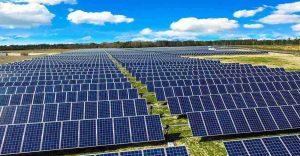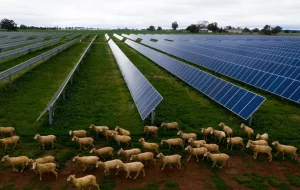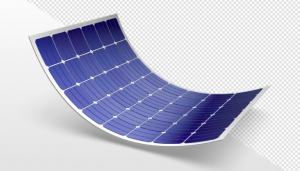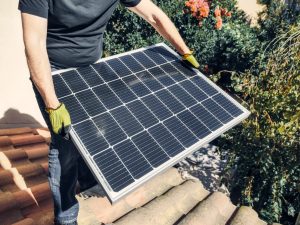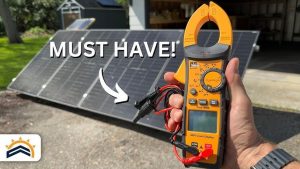Solar Panels Harnessing the Power of the Sun

Solar Panels Harnessing the Power of the Sun
Solar panels, a marvel of modern technology, have revolutionized the way we harness energy from the sun. These photovoltaic devices convert sunlight directly into electricity, providing a clean, renewable, and sustainable energy source.
How Solar Panels Work
Solar panels are composed of photovoltaic cells, which are made of semiconductor materials, typically silicon. When sunlight strikes these cells, it excites electrons, creating an electric current. This direct current (DC) electricity is then converted into alternating current (AC) electricity, which can be used to power homes, businesses, and even entire communities.
Types of Solar Panels
- Crystalline Silicon Solar Panels: These are the most common type of solar panel, available in monocrystalline and polycrystalline varieties.
- Thin-Film Solar Panels: These panels are thinner and more flexible than crystalline silicon panels, making them suitable for various applications.
- Organic Solar Cells: These emerging technology solar cells use organic materials to convert sunlight into electricity.
Benefits of Solar Energy
- Clean and Renewable: Solar energy produces no greenhouse gas emissions, making it a sustainable and environmentally friendly energy source.
- Reduced Reliance on Fossil Fuels: By harnessing solar energy, we can reduce our dependence on fossil fuels and their associated environmental impacts.
- Lower Electricity Bills: Solar panels can significantly reduce or even eliminate your electricity bills.
- Increased Property Value: Installing solar panels can increase the value of your property.
- Energy Independence: Solar energy empowers individuals and communities to become more energy independent.
Challenges and Considerations
- Initial Cost: While the long-term savings can be substantial, the initial cost of installing a solar panel system can be significant.
- Weather Dependence: Solar energy generation is dependent on sunlight, so cloudy or rainy weather can reduce energy output.
- Space Requirements: Solar panels require adequate space for installation.
- Grid Connection: In many cases, solar panel systems are connected to the electric grid, which may require additional costs and permits.
The Future of Solar Energy
As technology continues to advance, solar energy is becoming increasingly affordable and efficient. With ongoing research and development, we can expect to see further innovations in solar panel technology, making it even more accessible and reliable. By embracing solar energy, we can contribute to a cleaner, greener future and reduce our reliance on fossil fuels.
Solar Power Plant
Would you like to know more about specific aspects of solar energy, such as solar panel installation, government incentives, or DIY solar projects?
